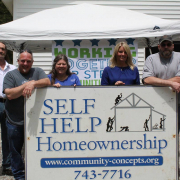HAC receives $6,325,000 from HUD to invest in rural communities and rural housing
Contact: Dan Stern, dan@ruralhome.org
(202) 516-6882
Washington, DC, May 15, 2023 – The Housing Assistance Council (HAC) has been awarded a total of $6,325,000 funding from the U.S. Department of Housing and Urban Development (HUD) to invest in the capacity of rural communities and help rural families achieve homeownership. HAC was awarded $4,000,000 from the Self-Help Homeownership Opportunity Program (SHOP) and $2,325,000 in Rural Capacity Building (RCB) funding. The funds represent a portion of HUD’s $22 million investment into rural communities through the SHOP and RCB programs.
The funding was announced in conjunction with an event in Russellville, AR at which HUD Deputy Secretary Adrianne Todman toured several homes that are being built using funds from HAC’s SHOP program with local partner Universal Housing Development Corporation.
HUD’s official press release announcing the award included the following statement from Secretary Marcia L. Fudge “Today, we are investing in homeownership and expanding access to affordable housing to rural communities. The SHOP program provides a unique pathway for first-time homeowners and underserved groups to buy a home. At HUD, we care about rural America and these capacity building grants are further evidence of our commitment.”
SHOP funding will allow rural homebuyers to invest their sweat equity and hard work towards the construction of their own homes in rural communities. HAC will use its RCB funding to assist a group of eligible rural organizations to undertake affordable housing and community development activities in disadvantaged and other target communities around the country.
“HAC’s decades long partnership with HUD has provided affordable homes for people and increased capacity for organizations in rural communities across the United States,” said David Lipsetz, President & CEO of the Housing Assistance Council. “These awards will improve the lives of countless rural people and highlight HUD’s commitment to rural America!”
About the SHOP Program
The Self-Help Homeownership Opportunity Program (SHOP) awards grant funds to eligible national and regional nonprofit organizations and consortia. Funds must be used for eligible expenses to develop decent, safe, and sanitary non-luxury housing for low-income persons and families who otherwise would not become homeowners. Examples are for purchasing home sites and developing or improving the infrastructure needed to set the stage for sweat equity and volunteer-based homeownership programs for low-income persons and families. Homebuyers must be willing to contribute significant amounts of their own sweat equity toward the construction or rehabilitation of their homes.
About the RCB Program
The Rural Capacity Building (RCB) program enhances the capacity and ability of rural housing development organizations, Community Development Corporations (CDCs), Community Housing Development Organizations (CHDOs), local governments, and Indian tribes to carry out affordable housing and community development activities in rural areas for the benefit of low- and moderate-income families and persons. The Rural Capacity Building program achieves this by funding national organizations with expertise in rural housing and rural community development who work directly to build the capacity of eligible beneficiaries.
About the Housing Assistance Council
The Housing Assistance Council (HAC) is a national nonprofit that supports affordable housing efforts throughout rural America. Since 1971, HAC has provided below-market financing for affordable housing and community development, technical assistance and training, research and information, and policy formulation to enable solutions for rural communities.
###

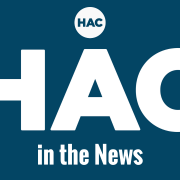
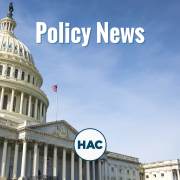



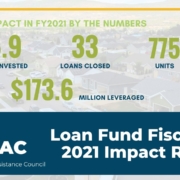
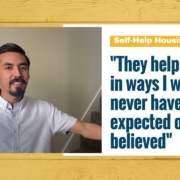
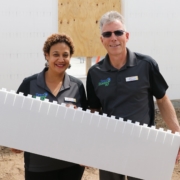 Eric Crispe
Eric Crispe